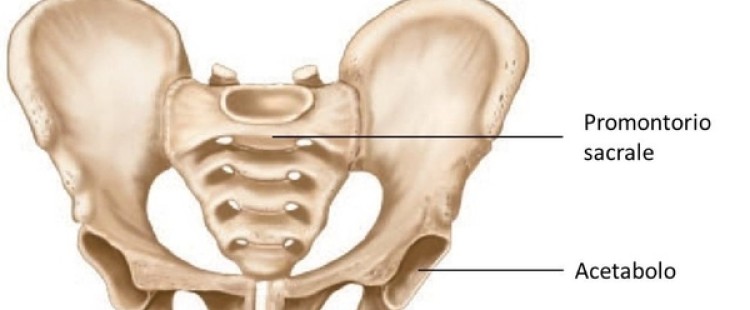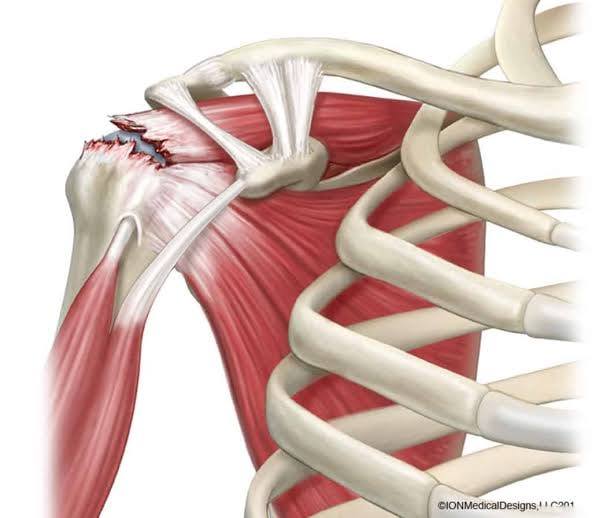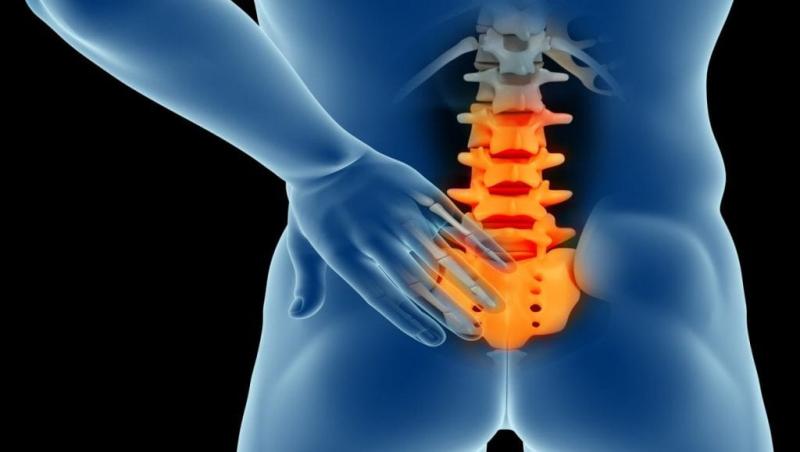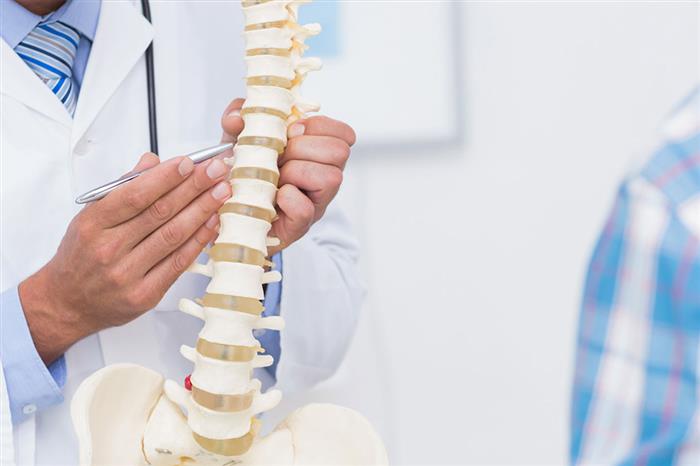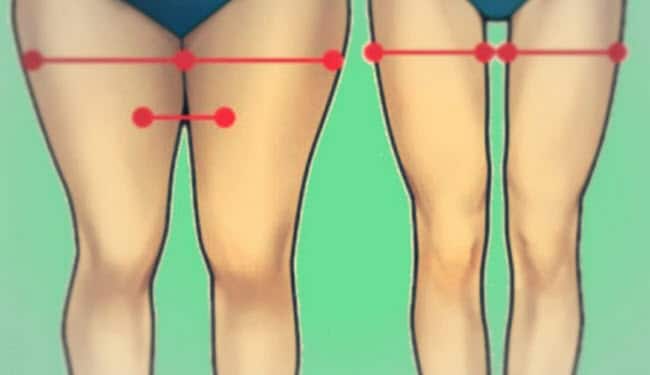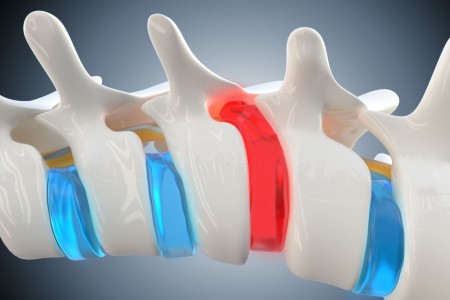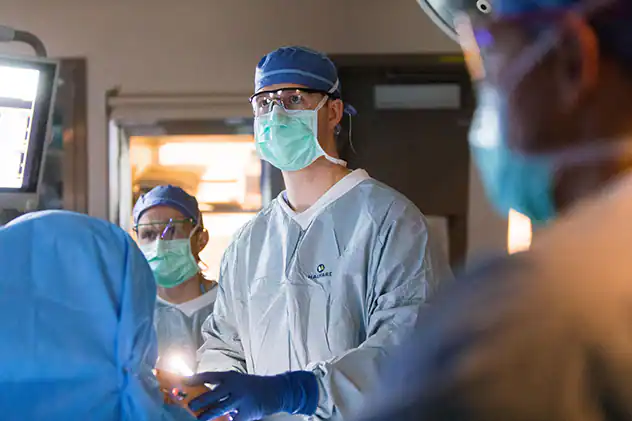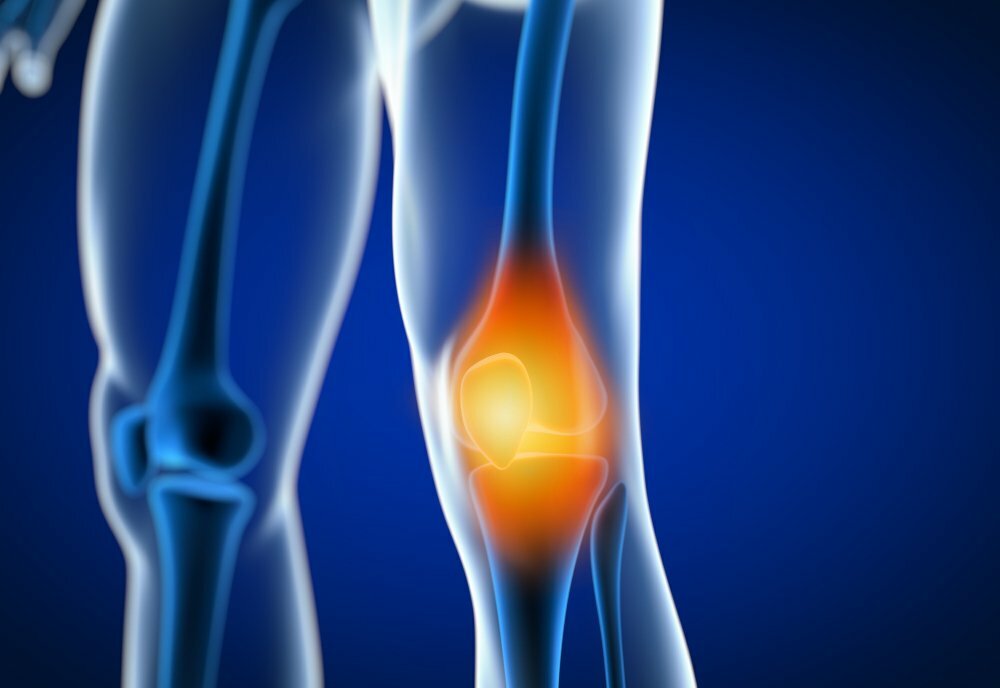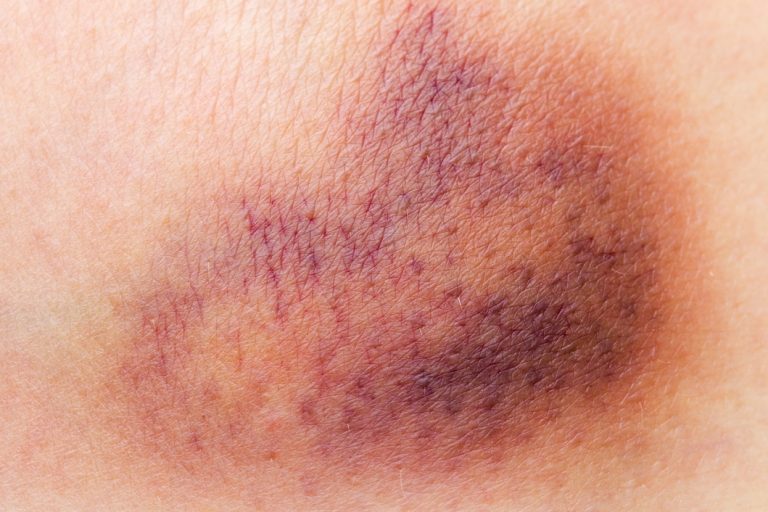? Damage of atomic scanning on bones and does this procedure cause any pain
Harms of Radiation Scans on Bones, Raising awareness of potential risks and implementing appropriate safety measures can protect individuals and communities from the harmful effects of this vital technology. Join us on this tour to learn about radiation scans in detail.

Harms of Radiation Scans on Bones
Radiation scans are valuable diagnostic tools used to determine the condition of bones and assess their health. However, they also carry some risks, which, although rare, do exist, and one should be fully aware of them. In this article, we will present you with some facts about the harms of radiation scans on bones as follows:
- Increased risk of tissue exposure to radiation: Radiation scans rely on the use of radioactive drugs to detect and diagnose many health conditions in the bones. This radiation can increase the exposure of healthy tissues to radiation and can increase the risk of developing diseases such as cancer.
- Potential side effects: Common side effects of radiation scans may include headache, dizziness, nausea, and vomiting. These symptoms are usually temporary and subside after a short period. However, some severe symptoms may develop that require immediate medical attention.
- Impact on pregnancy: Performing a radiation scan during pregnancy can expose the developing fetus to radiation, which can pose a risk to the fetus’s health and cause abnormal changes in its development. Therefore, it is advised to postpone the radiation scan until after delivery.
- Sensitivity to radioactive drugs: You may have a sensitivity to the radioactive materials used in the radiation scan, and this sensitivity can cause skin reactions or difficulty breathing. People with known sensitivities should avoid undergoing radiation scans.
Is Radiation Scan Painful?
Radiation scans are a medical procedure used to evaluate the body’s health and diagnose diseases, and one of the common questions about this procedure is whether it is painful or not. Given the importance of this topic and its impact on patients’ decisions to undergo radiation scans or not, it is essential to provide a comprehensive and accurate answer to these doubts.
In fact, radiation scans are completely painless. When a patient undergoes a radiation scan, they will not feel any pain because it is a non-invasive procedure where radioactive particles are used in the radiation scan to track molecular activity within the body.
By identifying the disease in its early stages and using advanced medical technologies, the degree of attachment of these particles to the diseased cells can be measured, and the results can be analyzed to arrive at an accurate diagnosis.
Additionally, radiation scans are completely safe and do not cause serious side effects. Of course, some patients may experience mild side effects such as nausea or headache, but these are rare and temporary. Radiation scans are considered extremely safe and beneficial in identifying and monitoring diseases.
They are widely used in various fields, such as diagnosing heart diseases and detecting tumors. Therefore, patients can be confident that radiation scans for organs are not painful, and this procedure helps in early detection of health problems and assessing the patient’s response to treatment, contributing to improved treatment outcomes and enhanced quality of life.
Protect your bones and prepare for the future with Dr. Amr Amal, who provides expert guidance and advanced treatments to properly address the harms of radiation scans on bones, achieving optimal bone health.

Why Does the Doctor Request a Radiation Scan of the Bones?
Doctors request radiation scans of the bones for several important reasons, as the radiation scan of the bones is an imaging technique that helps:
- Analyze the bone structure in detail to detect different types of secondary cancerous tumors in the bones.
- It is used to evaluate bone breakdown and regeneration, which is important for monitoring recovery from fractures.
- It can also be used to diagnose many diseases, including arthritis, by taking advantage of the radiation scan technology.
- The radiation scan of the bones involves the use of small amounts of radioactive materials. This scan is a type of detailed radiological examination in the field of medicine.
- It allows doctors to scan and image all the bones in the entire body or only specific areas as needed.
- Pediatric doctors can also benefit from the radiation scan of the bones, as imaging the bones with radioactive isotopes is one of the most common tests in medicine.
- This test focuses on diagnosing bone diseases and is generally considered a safe test for patients.
- The radiation scan of the bones is a modern and useful technique that helps doctors guide appropriate treatment and effectively monitor recovery.
What are the Uses of Radiation Scans
The medical applications of radiation scans in the field of medicine are diverse and important. They contribute to the diagnosis of many diseases and monitoring the levels of some metals in the body, and help determine the appropriate dosage for some medications. The following are some common uses of radiation scans in the medical field:
- Measuring metal levels in the blood: Radiation scans are used to measure the concentration of some metals such as iron, zinc, and calcium in the blood, and this is important in the diagnosis of diseases such as anemia and hemoglobin disorders.
- Monitoring metal levels in bones: Radiation scans may be used to measure the concentration of calcium and other minerals in the bones to assess their health and diagnose conditions such as osteoporosis.
- Analysis of biological samples: Radiation scans can be used to analyze the concentrations of metals in biological fluids such as urine, saliva, and sweat, allowing the diagnosis of some genetic or acquired diseases.
- Monitoring nutrient levels: Radiation scans can be used to measure the concentrations of essential minerals in foods, which can help assess food safety and provide important nutritional information for individual health.
- Analysis of industrial samples: Radiation scans are used to measure metal concentrations within industrial samples such as water, soil, and gases, which helps monitor pollution and assess environmental safety.
Avoid potential bone problems after radiation scans with Dr. Amr Amal, where we provide you with a comprehensive plan for proper nutrition and personalized exercise programs to maintain strong and dense bones.

What are the Benefits of Using Radiation Scans on Bones?
- Evaluation of bone fractures: Radiation scans are used to evaluate the processes of bone breakdown and regeneration, which means they can be used to monitor the recovery from fractures and assess the evolution of fractured bones over time.
- Early diagnosis of arthritis: Radiation scans are considered one of the important methods in diagnosing arthritis, as they can detect changes in the bones related to this condition, which helps in making a quick and accurate diagnosis.
- Detection of cancerous bone tumors: Radiation scan technology is also used in the diagnosis of cancerous bone tumors. By measuring changes in the bones, doctors can determine whether the tumors are cancerous or not, as well as monitor their progression over time.
- Evaluation of bone diseases due to the spread of tumors: Radiation scans are a powerful tool in evaluating bone diseases related to the spread of tumors (secondary bone diseases), and this test allows for the determination of the extent to which malignant tumors affect the skeletal structure and the assessment of the progression and spread of this condition.
- Advanced technique for full-body assessment: Radiation scans are an advanced technique that combines the use of positron emission tomography and computed tomography to evaluate and diagnose conditions throughout the body. This integration of atomic energy allows for shedding light on changes in bones and tissues caused by various diseases in a precise and detailed manner.
What Preparations are Required for Radiation Scans of the Bones?
Preparing the bones for a radiation scan: All you need to know
- The first step: preparing the individual
Before starting the radiation scan of the bones, the individual must take some simple preparatory measures. The person should inform the supervising doctor about any medications they are taking regularly, including dietary supplements and prescribed medications. - Laboratory injection:
The procedure requires an injection of a radioactive substance that the individual must take. It may be necessary to drink a large amount of water after taking the injection to assist the scanning process and increase its accuracy. - Dietary preparations:
Some radiation scans require dietary preparation. In some cases, the individual must fast for several hours before the scan. For example, the person may be required to fast for 4-6 hours before undergoing a bone scan. - Additional tests:
The doctor may request additional tests before the radiation scan of the bones to ensure the exclusion of treatable conditions. These tests may include measuring calcium levels and vitamin D levels, as well as specific hormone levels. - Other preparations:
It may be necessary to perform blood and urine tests to look for any causes contributing to the development of osteoporosis, and this requires the evaluation of certain levels and verification of the personal and treatment history.
Learn about the best strategies to maintain your bone health after radiation scans with Dr. Amr Amal, and get valuable advice and innovative treatments to strengthen your skeletal frame.

How Long Does a Radiation Scan of the Bones Take?
Performing a radiation scan of the bones requires a specific amount of time, and this time may vary depending on the medical condition and the targeted area. Generally, the duration of a radiation scan of the bones ranges from 15 minutes to about an hour.
However, before performing the radiation scan, the body must be prepared by administering a special dye 2-3 hours prior to the scan, and this dye is absorbed by the bones and accumulates in them. This allows the doctors to clearly see the details during the radiation scan.
After preparing the body and taking the dye, the patient is usually asked to wait for a period of time ranging from one to four hours, to allow the dye to accumulate in the bones. After the waiting period, the actual radiation scan of the bones is performed.
This procedure takes half an hour to an hour, and the radiation scan of the bones is considered one of the most important tests in medicine, as it helps in diagnosing bone diseases and is completely safe for the patient. The patient must follow the doctor’s instructions before and during the procedure to ensure reliable and accurate results.
What Does the Patient Eat After a Radiation Scan?
After undergoing a radiation scan, it is important for patients to follow a suitable diet to maintain their health and promote healing. This requires avoiding foods that may interfere with the results of the radiation scan or cause unwanted reactions.
Patients are advised to avoid consuming foods high in iodine, as this mineral can interfere with the results of the radiation scan. For example, they should avoid eating salted seafood, seaweed, and canned foods that may contain added salt.
Instead, patients should consume meals rich in fiber and protein, focusing on fresh and frozen fruits and vegetables, and preferring plant-based proteins such as legumes, nuts, and seeds.
They should also avoid foods high in saturated fats and cholesterol, which means avoiding fried foods, carbonated beverages, and fast food. It is better to rely on baking, grilling, or steaming cooking methods.
Protect your bones and avoid osteoporosis issues thanks to the expertise and unique care of Dr. Amr Amal, who provides you with effective solutions to deal with the harms of radiation scans using advanced medical approaches.

Precautions After Radiation Scan
- Avoid children and pregnant women: After undergoing a radiation scan, it is recommended to avoid close contact with children and pregnant women for 6 hours to safeguard their well-being.
- Consume large amounts of fluids: It is advised to drink an adequate amount of fluids after the examination, as consuming fluids helps flush the body and accelerate the elimination of the radioactive materials used in the scan.
- Avoid contact with pregnant women and children for 48 hours: If you have undergone a radiation scan or any other type of radioactive radiation, it is recommended to avoid exposure to pregnant women and children for 48 hours, as this precaution is necessary to protect them from any potential side effects.
- Stay in Comfort After the Scan: After undergoing atomic scanning, it is preferable for the patient to stay at home or in a restful place for a few hours. This precaution allows the body to recover and the patient to feel more comfortable.
- Follow the Medical Facility’s Guidelines: The patient should follow the instructions provided by the doctors and nursing staff. This may include adhering to unit rules, necessary preparation before the scan, and following the post-scan instructions.
Best Orthopedic Doctor in Cairo
Dr. Amr Amal is considered one of the best doctors in the field of orthopedic surgery in Egypt. He spent three years as a fellow in Ain Shams University hospitals, which allowed him to gain extensive experience in various orthopedic specialties.
Dr. Amr Amal graduated from the Faculty of Medicine at Ain Shams University with honors and has a special interest in treating joint inflammation and joint pain. He utilizes various optimal treatment methods such as medication, localized injections, and surgical arthroscopy.
Thanks to his good reputation as an expert in orthopedic and joint surgery, Dr. Amr Amal is a preferred choice for many patients in Egypt, providing high-quality services through the use of modern and effective techniques.
He always stays updated with the latest advancements in his field, strives for continuous improvement, and welcomes his patients at his clinic in New Cairo. Dr. Amr Amal offers comprehensive and professional evaluations of his patients’ conditions, in addition to meeting their financial needs by working with various insurance providers.

